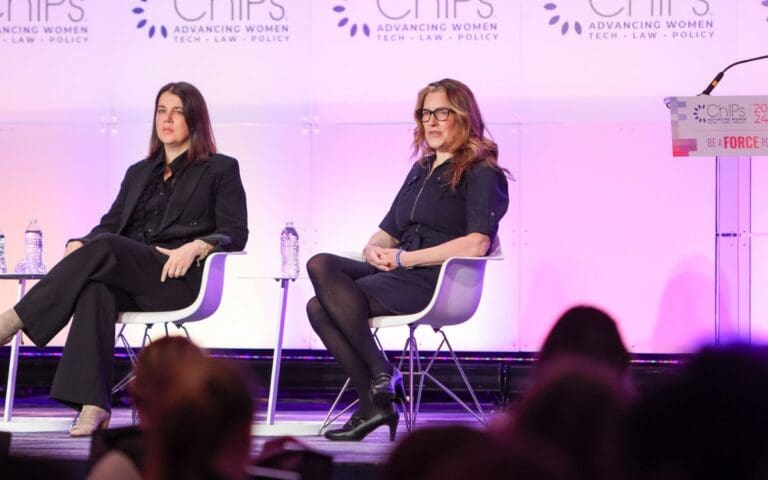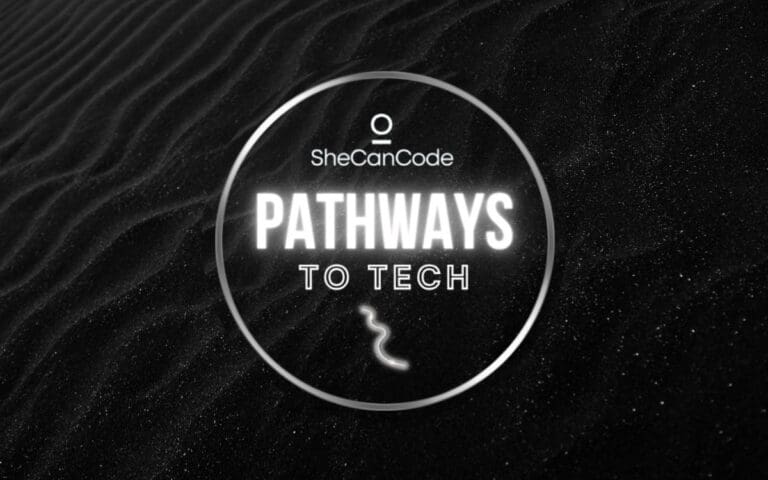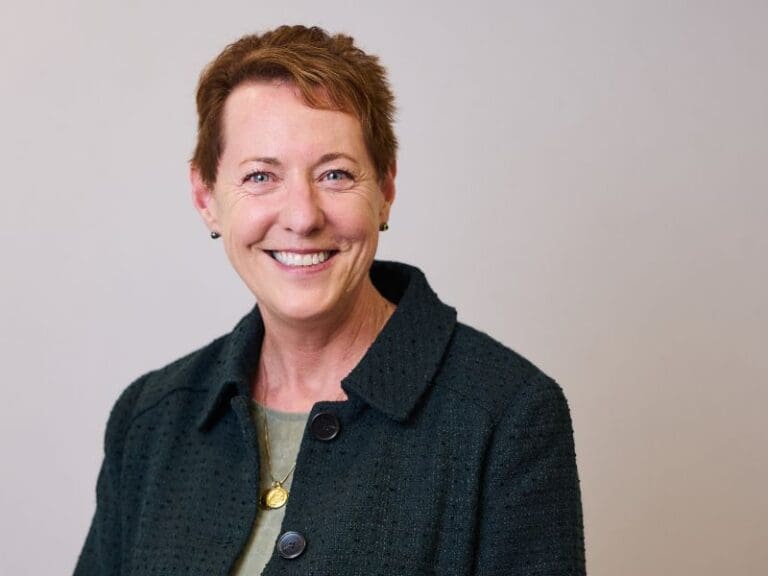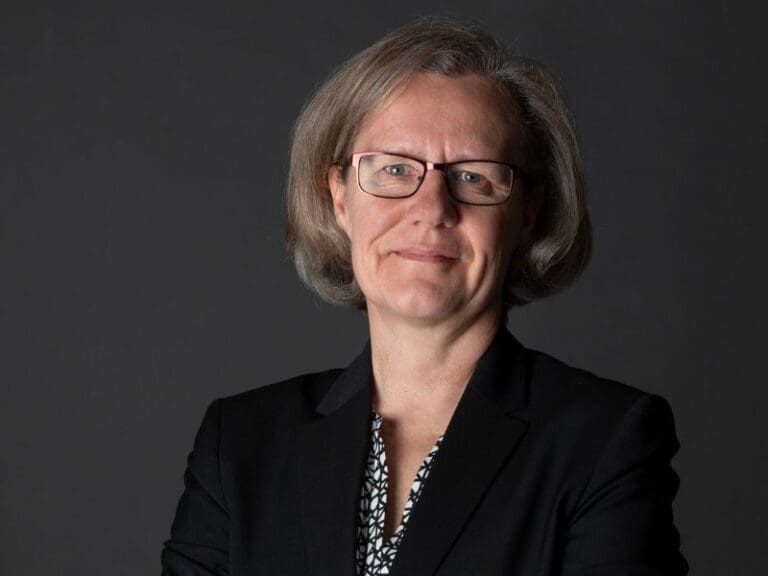Kara Peterson is the co-founder of Descrybe.ai, a Boston-based justice tech startup she launched in July 2023.
The company leverages AI to democratize access to the law and address the access-to-justice crisis in the United States. Kara leads descrybe.ai’s marketing and business development efforts. She also co-founded and co-hosts the show Building AI Boston, which celebrates AI’s transformative potential and promotes its accessibility.
Kara is a recognized advocate for responsible AI and AI for good, as well as for advancing women in technology. A frequent speaker at conferences and on podcasts, Kara has garnered significant accolades for descrybe.ai, including a 2024 Anthem Award for Best Use of AI, a Webby Award nomination, and two American Legal Technology Awards for Startup of the Year and AI Innovation. She was also named a “Woman of Legal Tech 2024” by the American Bar Association. In 2024 she was selected as a member of the International Academy of Digital Arts and Sciences (IADAS) and now serves as a Webby Awards and an Anthem Awards judge.
 Fairness and justice have always been my guiding principles.
Fairness and justice have always been my guiding principles.
Growing up in the progressive college town of Madison, Wisconsin, I was immersed in activism from an early age. My surroundings were filled with counterculture movements, protests, and a belief that individuals had the power, and responsibility, to create change. I vividly remember the divestment movement against South African apartheid in the 1980s. Upon learning that my bank had ties to South Africa, I promptly closed my account and explained why—through the drive-thru window. It was only $35, but to me, it was a statement.
Activism runs in my family. My mother was tear-gassed in Washington, D.C., during the protests following Dr. Martin Luther King Jr.’s assassination while pregnant with my older sister. My paternal grandmother famously sued Harvard University in the 1970s to prevent them from building a power plant in the predominantly Black Mission Hill neighborhood where she lived. Making “good trouble” was in my DNA.
Despite growing up in a family rich in intellectualism and activism, financial wealth was scarce. I learned early that if I wanted something, I had to work for it. While this instilled a strong work ethic, it also made balancing school and employment a challenge. Looking back, I’m grateful for the lessons in self-sufficiency, though I recognize how it shaped my relentless drive—one that sometimes teeters into work obsession. I’ll probably work up to and on my last day on Earth.
Oddly enough, despite always working, I had deep-rooted suspicions about capitalism. At the start of my career, I considered myself an “anti-capitalist creative.” So it’s ironic that I’ve found myself thriving as a tech entrepreneur. But my approach to capitalism is still deeply influenced by my social activist background.
My career trajectory took an unexpected turn when I enrolled in an MBA program—a decision I never would have predicted. After moving to Boston from New York City, I was working as an editor at Boston University and discovered that employees could pursue a master’s degree for free. I chose the MBA program at Questrom School of Business because the night classes fit my schedule, even though I wasn’t sure it was my vibe. To my surprise, I fell in love with studying strategy. It was a pivotal moment that transformed how I saw business—as a vehicle for meaningful change rather than just profit.
Perhaps the biggest twist my younger self wouldn’t believe? I was recently honored as the inaugural Co-Chair of the Women in Business Alumni Affinity Council at the very same business school.
Building on my passion for strategy, I spent much of my career in higher education marketing, a field seemingly worlds away from AI and legal tech. However, my years in academia shaped my curiosity about how systems influence society, fueling my drive to use technology for solving large, systemic challenges. My experience in public health communications at Boston University, in particular, solidified my interest in addressing complex societal issues through innovation.
My transition into AI and legal technology was born out of necessity. During the pandemic, my family faced an unexpected legal issue. Like so many others, we turned to the internet for answers, only to find the legal system impossibly complex and inaccessible. If two educated professionals like us felt overwhelmed, how impossible must it be for those with fewer resources?
Determined to find a solution, we started experimenting with OpenAI’s summarization tools, running case law through AI to make sense of it. What began as a personal necessity quickly revealed itself as a potential solution for a much larger problem: access to justice. The legal system is fundamentally broken, with demand for legal assistance far outweighing available resources. AI, we realized, could bridge this gap.
This realization led my husband and me to co-found Descrybe.ai, an AI-powered legal research platform that simplifies access to case law by providing jargon-free summaries. Our platform, available in English and Spanish, is used by legal professionals, researchers, and everyday individuals who need help navigating the law. With over 3.6 million judicial opinions logged, Descrybe.ai is democratizing legal access—one case at a time.
What excites me most about using AI to tackle this challenge is how perfectly suited the technology is for addressing systemic inequities. AI isn’t just a tool for efficiency—it’s a means to empower people who have historically been left behind. But for AI to be a true force for good, accessibility must be prioritized from the outset. That’s exactly what we’re focused on at Descrybe.ai, and we hope to inspire others to do the same.
This story isn’t just about me; it’s about how AI is reshaping opportunities for anyone with a good idea to create meaningful solutions. If we build responsibly and focus on the right priorities now, we can empower a new wave of non-traditional entrepreneurs to tackle big challenges. AI has endless use cases, but if we approach it with empathy, we can drive collective impact. And let’s be honest—female founders are especially likely to lead the charge in creating solutions that prioritize the greater good.
Women should feel empowered, not intimidated or underqualified, when it comes to pivoting careers and leveraging AI for social justice. This is an emerging industry, which means the door is wide open for new voices. If you have an idea that excites you—especially one that uses AI to solve meaningful problems—trust in your ability to bring it to life.
AI is rewriting the rules, and there’s never been a better time to step in. The world needs diverse voices shaping the future—and that could be you.



 Fairness and justice have always been my guiding principles.
Fairness and justice have always been my guiding principles. 




